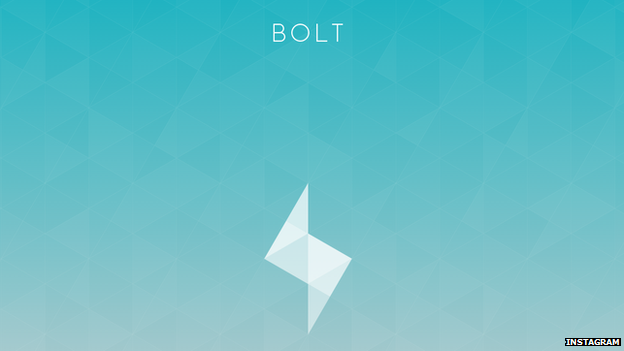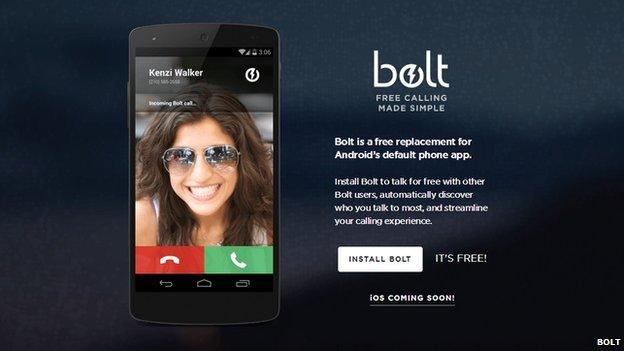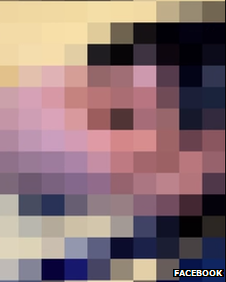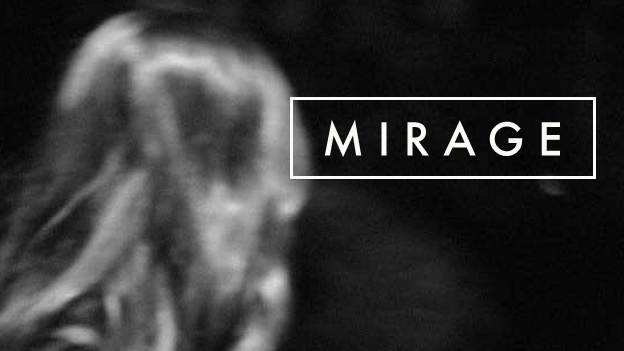Instagram reveals new Snapchat-style Bolt photo app
- Published

Instagram has revealed its latest development; a Snapchat-style app that allows users to send photos which are deleted after the recipient views them.
Bolt has been given a soft launch and the app is currently available in New Zealand, Singapore and South Africa.
The app has come under criticism from a smaller tech start-up, which also uses the brand name of Bolt.
The co-founder and CEO of the company, Andrew Benton, appealed to Instagram to remember the "little guy".

He said: "We've worked really hard... building the Bolt brand and technology to where it is today. Please don't destroy all that effort.
"I know you haven't forgotten how hard it is to build something from nothing. And not just technology, but a brand and distinct identity for yourself."
His app allows users to take advantage of their data plans to make free calls.
"We don't want a legal battle over this, and we think it's not too late for you to consider an alternate name before launch," Mr Benton said.
"I have a whole list of names we brainstormed last May that I'd be happy to share."

Instagram have yet to comment on Bolt's appeal for a name change.
According to The Verge, external, an Instagram spokesman said there were plans to make sure the new app was available to more users.
"We're going to other regions soon, but are starting with handful of countries to make sure we can scale the experience," he said.
Last month Facebook, which now owns Instagram, launched its own similar app - Slingshot.

Until an image is unlocked, the recipient only sees a pixelated version
Both social networks allow users to do similar things, including sending photos and video and the option to use a text editor to drop words onto images.
Slingshot has a number of unique features not found in rivals such as Snapchat, which could help it distinguish itself.
It uses an unlocking mechanism, whereby photos received from friends must be unlocked by "slinging" a different photo back to the original sender.
In addition to the unlock requirement, Slingshot features a "select all" function, which allows people to send a picture to all their contacts at the same time.
As well as making its own new apps, Facebook has also been buying up other companies who make social network products.
In 2012 it bought Instagram for $1bn (£589m), however a year later, it was reported that Snapchat rejected a $3bn bid from Facebook.

The maker of Yo, an app that allows users to greet each other with the phrase "yo" but do nothing else, has also launched a photo sharing network this week.
Mirage, a "one tap messaging app", is like many others on the market in that it allows users to share photos and videos that go unrecorded.
It does however allow people to send pictures to friends who do not have the app and claims there is no pressure for them to download it. Instead these people can just view the image on the Mirage website, where it is then deleted.
Follow @BBCNewsbeat, external on Twitter and Radio1Newsbeat, external on YouTube